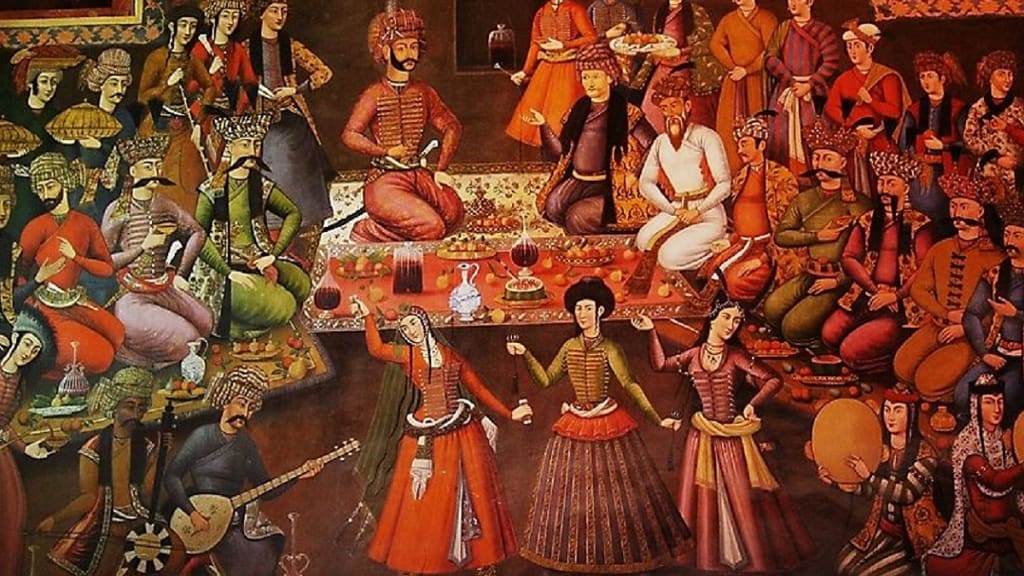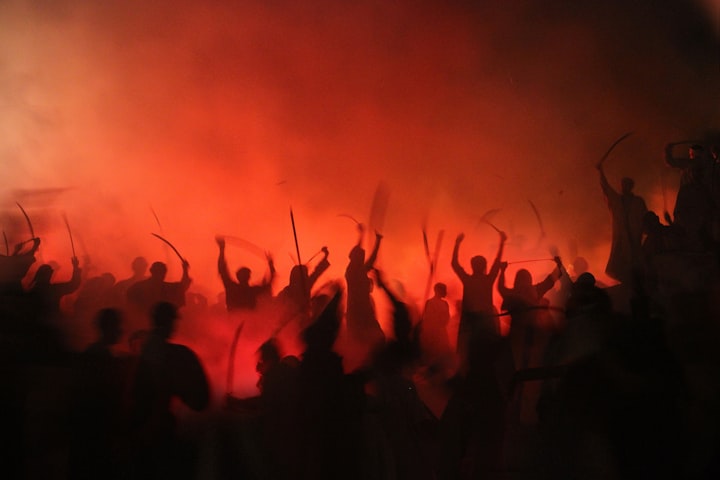
Nowruz, also known as Persian New Year, is an ancient and joyous festival celebrated by millions of people around the world, particularly in Iran, Afghanistan, Tajikistan, and other Central Asian countries. The festival usually falls on the vernal equinox, which is around March 21st, and marks the beginning of the spring season.
Nowruz has its roots in ancient Persian mythology and tradition, dating back to over 3,000 years ago. According to legend, the festival was established by Jamshid, a mythical king who was able to capture the demons of the winter and usher in the spring. Since then, the festival has been a time of renewal, rejuvenation, and new beginnings.
The preparations for Nowruz usually begin weeks in advance, as families and communities clean their homes, purchase new clothes, and decorate their surroundings with colorful flowers, fruit, and other traditional items. One of the most recognizable symbols of Nowruz is the haft-sin table, which is adorned with seven items that begin with the Persian letter "sin." These items include sabzeh (sprouts), samanu (sweet pudding), senjed (dried fruit), serkeh (vinegar), sir (garlic), somaq (sumac), and seer (apple). Each item represents a particular wish or hope for the coming year, such as health, wealth, and happiness.
On the eve of Nowruz, families gather together for a special meal and perform a ritual called Chaharshanbe Suri, which involves jumping over a fire to symbolize purification and the burning away of negative energy. The following day, the first day of Nowruz, is a time for visiting relatives, exchanging gifts, and enjoying traditional foods such as sabzi polo (herbed rice) and ash reshteh (noodle soup).
Throughout the thirteen days of Nowruz, people engage in a variety of customs and traditions, such as the throwing of sprouted wheat into water to symbolize growth and abundance, the playing of traditional music and dance, and the recitation of poetry and prayers.
Nowruz is a time for reflection, renewal, and joy, and it represents the rich cultural heritage of the Persian people. It is a celebration of the natural world and the cyclical nature of life, and it reminds us of the importance of family, community, and tradition.
Merits of nowruz
Cultural significance: Nowruz is a symbol of cultural identity for many people, especially those of Persian descent. It is a time when families and communities come together to celebrate their traditions, customs, and heritage.
Renewal and rejuvenation: Nowruz is a celebration of new beginnings and fresh starts. It is a time to leave behind the old and welcome the new, which can be a very rejuvenating and empowering experience for individuals and communities.
Spiritual significance: Nowruz has deep spiritual significance for many people, as it is a time to reflect on one's spiritual journey and renew one's commitment to personal growth and development.
Social connections: Nowruz is a time to strengthen social connections and build new relationships. It is a time when people visit one another, share meals and gifts, and connect with family and friends.
Ecological awareness: Nowruz has ecological roots and promotes awareness of the natural world. The festival highlights the importance of respecting and protecting the environment, and encourages people to live in harmony with nature.
Culinary delights: Nowruz is a time for feasting and enjoying delicious food. The festival features a variety of traditional dishes, sweets, and drinks that are unique to the occasion and reflect the cultural diversity of the region





Comments
There are no comments for this story
Be the first to respond and start the conversation.